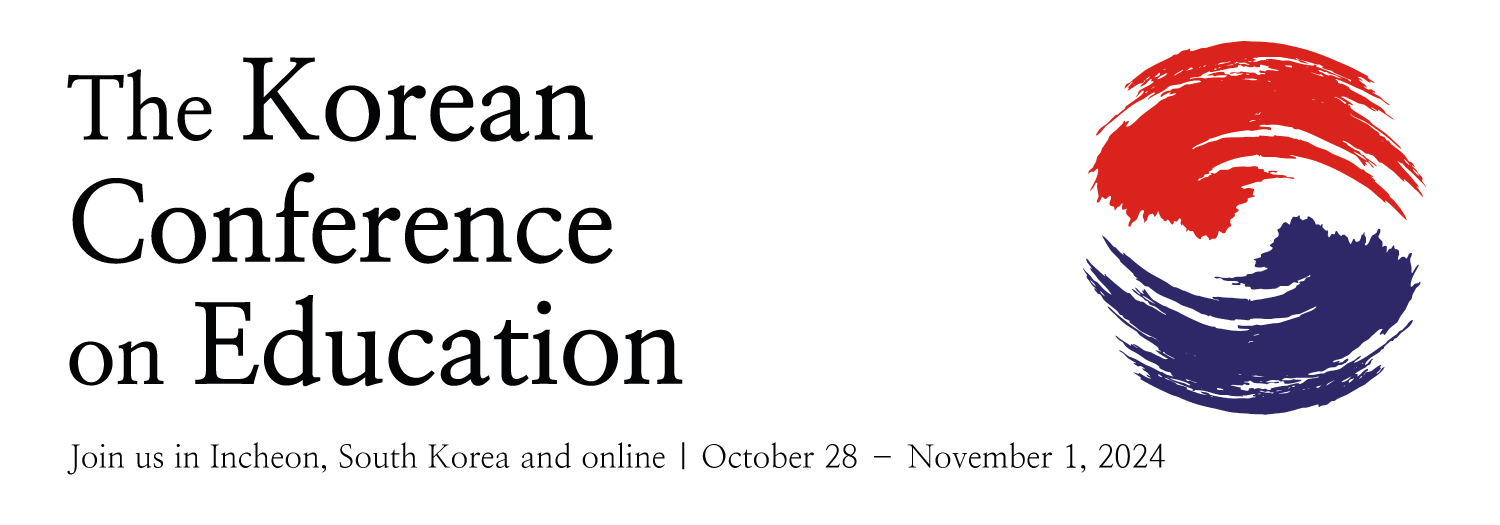Exploring the Relationship Between Transformational Leadership and Social Belonging in Korean Educational Institutions (86077)
Session Chair: James Riley
Friday, 1 November 2024 11:15
Session: Session 1
Room: Live-Stream Room 3
Presentation Type:Live-Stream Presentation
This study investigated the relationship between leadership behaviors and expatriate teachers’ sense of social belonging at Korean educational institutions. Globalization has impacted education, leading educators who move abroad to face challenges in social integration. This lack of belonging can affect their ability to form positive social identities, potentially harming work performance. While previous research has explored the impact of transformational leadership on social belonging, there is a paucity of research with expatriate teachers at Korean educational institutions. The increasingly global nature of Korean education, taken together with research citing the unique challenges that expatriate teachers face in South Korea, creates a strong need for this study. This quantitative, non-experimental correlational study sought to explore the relationship between transformational leadership and expatriate teachers’ sense of social belonging, as well as transactional leadership and expatriate teachers’ sense of social belonging at Korean educational institutions. A Pearson’s r correlation test revealed a statistically significant relationship between transformational leadership and social belonging, while no significant relationship was found between transactional leadership and social belonging. Additional findings indicated significant negative correlations between laissez-faire leadership and social belonging, and between passive-avoidant leadership and social belonging. Moreover, there was a significant link between teachers’ sense of social belonging and teacher effort. The results of this study speak to the importance of Korean educational leaders in multicultural contexts embracing a transformational leadership approach. The results of this study have implications for both institutional problem-solving and organizational efficiency at Korean schools.
Authors:
James Riley, Spring University Myanmar, Myanmar
About the Presenter(s)
Dr. James Riley is a Professor of English for Academic Purposes at Spring University in Myanmar, where he works with students who have been displaced from their homes as a result of speaking out against the military coup that took place in 2021.
Connect on Linkedin
https://www.linkedin.com/in/james-riley-phd-21580740/
See this presentation on the full schedule – Friday Schedule





Comments
Powered by WP LinkPress